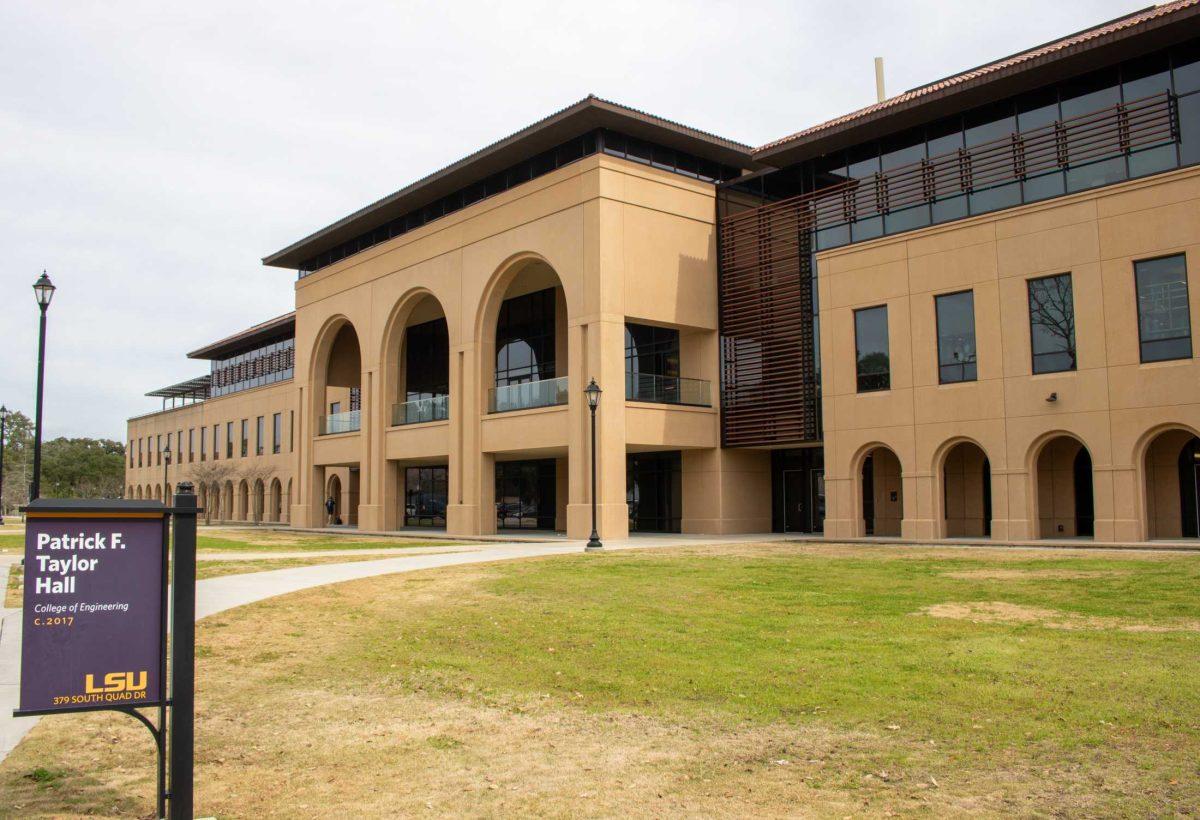LSU’s chemical engineering faculty received a patent for a new oil spill management technology on Jan. 31.
Chemical engineering professor Bhuvnesh Bharti, his graduate student Jin Gyun Lee and many of Bharti’s other students had been working for years to reach this moment.
According to the LSU press release, the patent is for technology that “utilizes lignin nanoparticles to provide an eco-friendly method for oil spill cleanup.”
They used alcohol and an organic polymer from plants and wood to create a solution that would make the oil spill cleanup process much easier.
A press release from the university talks about the technology’s predecessors and how their designs had “poor biodegradability” and “raised concerns about their release into the environment and their corresponding impact on human health.”
In an interview, Bharti spoke about his journey with creating the new oil spill technology, a project he started more than six years ago.
“The whole idea was, if we can do something better than the current existing technology that exists for oil spill clean up. [There was] a specific focus on if it can provide more benign or eco-friendly alternatives to the current dispersants used for oil spill clean up.”
Bharti spoke on the studies that were done after the Deepwater Horizon oil spill and how that affected Louisiana’s ecosystems and caused long-lasting harm that is still experienced today. Oil wasn’t the only thing to harm the ecosystems and life; Bharti said the dispersant, the materials used to clean up the oil spill, would sometimes mix with the oil and cause greater damage. These studies encouraged Bharti and his students to find a new and better way to clean up.
Completing the project and receiving a patent is a big deal, but Bharti knows there is still a ways to go before his technology gets put to use.
“Getting the patent is just the first step, and as any entrepreneur will tell you, it’s not trivial to take a patent and idea to the market,” Bharti said. “Unfortunately, the current scenario is that until we have a problem, we won’t respond to things, we won’t prepare for things. Until there is another oil spill, everything will be quiet.”
He said LSU is helping get eyes on the patent as time goes on.
“We hope we never have to use this technology… but in case we need it we need to be prepared,” he said.
Later, Bharti talked about how some of his students would tell him about living in the areas of Louisiana that were greatly affected by the Deepwater Horizon spill and had seen their ecosystems try and come back from the damage.
“This was one of the major motivations, for me personally, to work on this problem because I have the knowledge and toolset to address this problem,” he said.
Bharti also talked about how this project is of, “significance, not only to the broader scientific community, but as a citizen of the State of Louisiana. It’s important for us.”
Bharti and his team will continue working on sustainable and eco-friendly solutions to problems that the world is or will be facing, including more oil spill cleaning technologies.





